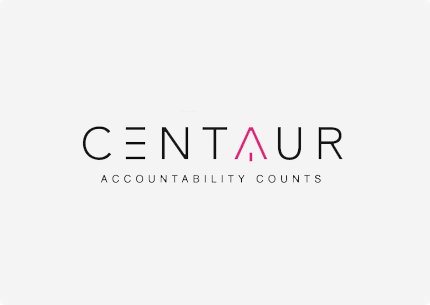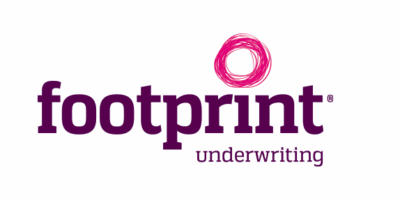Many organisations choose to outsource critical functions or services to third parties/contractors. However, outsourcing the work does not outsource the responsibility. Globally, in many industries, regulators have now taken a keen interest in how organisations manage outsourced activities that are seen as “critical”. Below, we’ve listed 10 things you should be asking when outsourcing a critical function and/or choosing a new supplier.

- Policies & Procedures – does the supplier have appropriate policies and procedures in place? This may be dependent on the nature of the service, but you should be checking if the organisation has key policies in place such as information security, health & safety, etc.
- Data / Information Security – what data protection/information security controls are in place? Regardless of the information to be shared, all organisations should have adequate cyber security controls in place. Where will the information be stored/processed?
- Disaster Recovery/Incident Response – if a disaster were to happen, what would happen to the supplier’s service levels? You should check their disaster recovery/business continuity plans to ensure the recovery time objectives are acceptable. Does the supplier have a formal incident response plan that is reviewed and tested on an annual basis? Does the plan include specific actions to respond to a cyber incident?
- Insurance – does the supplier have adequate insurance coverage and can they demonstrate this?
- Track record – can the supplier provide references of similar organisations that use their service/offering? This helps demonstrate that the supplier has the adequate skills/expertise to deliver on their service levels. How financially sound is the service provider? What percentage of their business does the work they will be doing for you represent?
- Reporting – can the supplier provide periodic reports on service levels? For example, you might want to know uptime/downtime if it’s an IT supplier.
- Regulatory change – what happens if there’s a regulatory change that impacts the service? Will this be covered in the existing service offering or will the organisation need to pay extra for a new/additional service? Is the supplier regulated – if so, can they demonstrate compliance with the required regulation, etc.?
- Key People – Who will be managing/delivering the service on your behalf? What experience and competence do these people have? Are there enough of them?
- Concentration – How many critical functions are you outsourcing to this supplier? Would a failure of the supplier mean serious damage to your organisation?
- Sub-Outsourcing – Does the supplier intend to sub-outsource some element of the service? Is this acceptable? Will the service be performed in a country that is acceptable in terms of compliance and quality?
Once you’ve chosen a new supplier/outsourced function, the supplier should become part of your ongoing due diligence/monitoring programme depending on their criticality.
For more information on how CalQRisk can assist with your supplier/outsourcing risk management efforts, click here.
Recent News
Minimum Competency Code – ‘And miles to go before I sleep’
The 1st October 2024 effective date for the expansion of the scope of the Minimum Competency Code 2017 ...
Read More Decoding the Digital Operational Resilience Act (DORA): CalQRisk’s Jargon Buster
Navigating the complexities of regulatory compliance can be daunting, especially with evolving digital landscapes. Enter the Digital Operational ...
Read More Ten Things to Learn from Managing an Incident
Incidents, while often complex and challenging, provide valuable learning opportunities that can enhance an organisation's resilience and strategic ...
Read More Navigating Risk: A Strategic Approach to Risk Management
In the vast ocean of business, navigating through turbulent waters demands more than just a sturdy ship; it ...
Read More Challenges of Reporting Risk and Compliance in Multi-Academy Trusts
In the intricate tapestry of educational governance, Multi-Academy Trusts (MATs) have emerged as model offering collaboration and shared ...
Read More Navigating Delegate Oversight – A Balancing Act
In the fast-paced world of fund management, delegate oversight is paramount. However, this oversight comes with its fair ...
Read More Tennis Ireland implements CalQRisk to streamline their approach to governance
Tennis Ireland have recently implemented the CalQRisk solution to transform their approach to board and committee meetings and ...
Read More Regulatory & Supervisory Outlook Report – 5 Key Risk Topics for Credit Unions
The Central Bank of Ireland has published its Regulatory & Supervisory Outlook Report 2024 which includes the Central ...
Read More CalQRisk shortlisted in RegTech Insight Awards
The CalQRisk solution has been shortlisted for two awards at the upcoming RegTech Insight Awards – Best Solution ...
Read More Footprint Underwriting onboards CalQRisk for risk management and compliance
Footprint Underwriting, a leading underwriting agency in Ireland, has recently implemented the CalQRisk solution in order to enhance ...
Read More 









